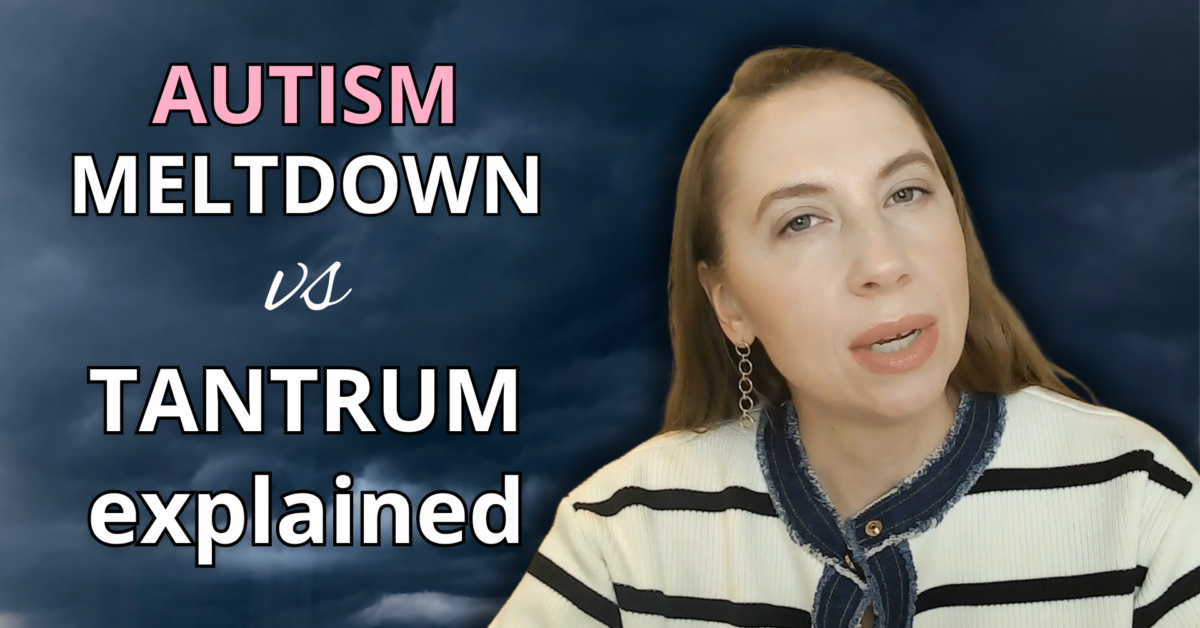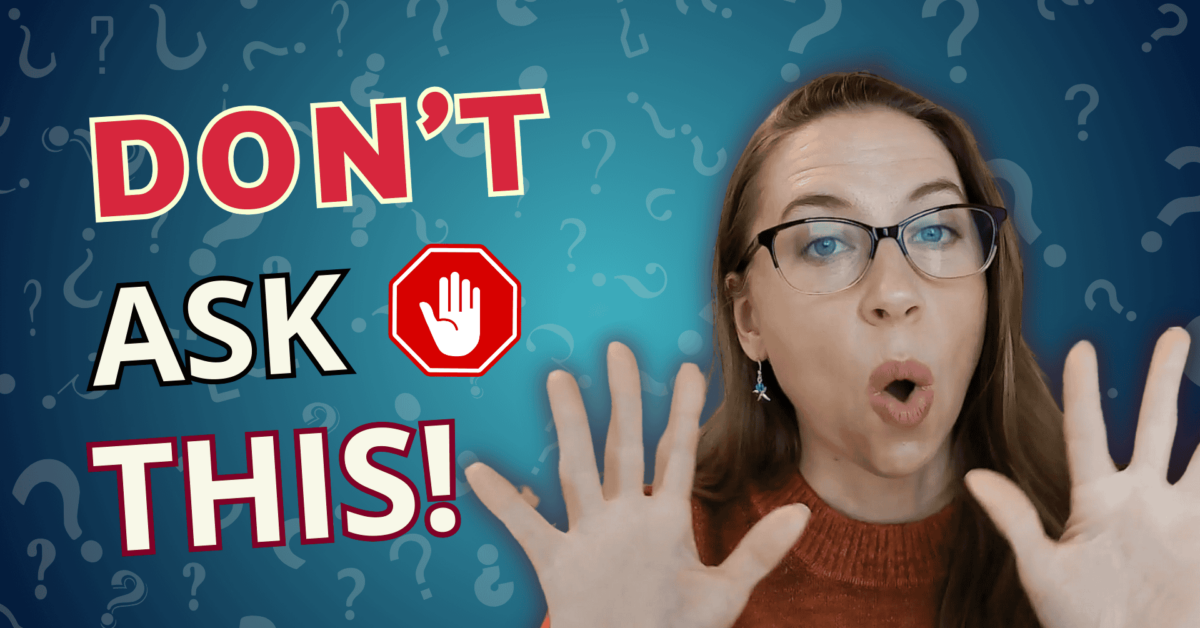I’ll quickly go through language acquisition in typically developing children. There are several contributing factors to second language acquisition:
- Age the child is first exposed to the second language
- Duration of language exposure
- Maternal education
- Socio-economic status
- Maternal immigration status
- Maternal language proficiency
The Concern
Many bilingual parents are concerned about introducing a second language to a child with autism who is already struggling to communicate in one language. You might have heard this from different autism professionals, more than likely you might have been told to speak only one language to your child with autism, and that you don’t want to confuse them anymore, and that it’s already hard enough for one language. So, many autism professionals will give this advice.
Let’s Look At The Facts
- A study in 2018, of 388 children – 106 bilingual children (57 ASD, 49 DD) were compared to 282 monolingual children (176 ASD, 106 DD).
- The Mullen Scales of Early Learning assessed nonverbal and verbal abilities.
- As expected, the results showed greater language impairment in the ASD group however no difference between the mono or bilingual ASD groups.
This research in 2018 is consistent with other language development studies in those with autism, which have also come to the same conclusion.
Bilingual & Autism Conclusion
The exposure to more than one language does NOT adversely affect language functioning in a child with autism.
So if you are two languages home, be a two language home. Don’t worry that speaking a second language to someone with autism is somehow adversely affecting them. It’s not.
It’s a great way to bond with your child. It’s a great way to educate your child. So if you have the ability to speak to your child with autism in a second language, and you want to, go for it.



